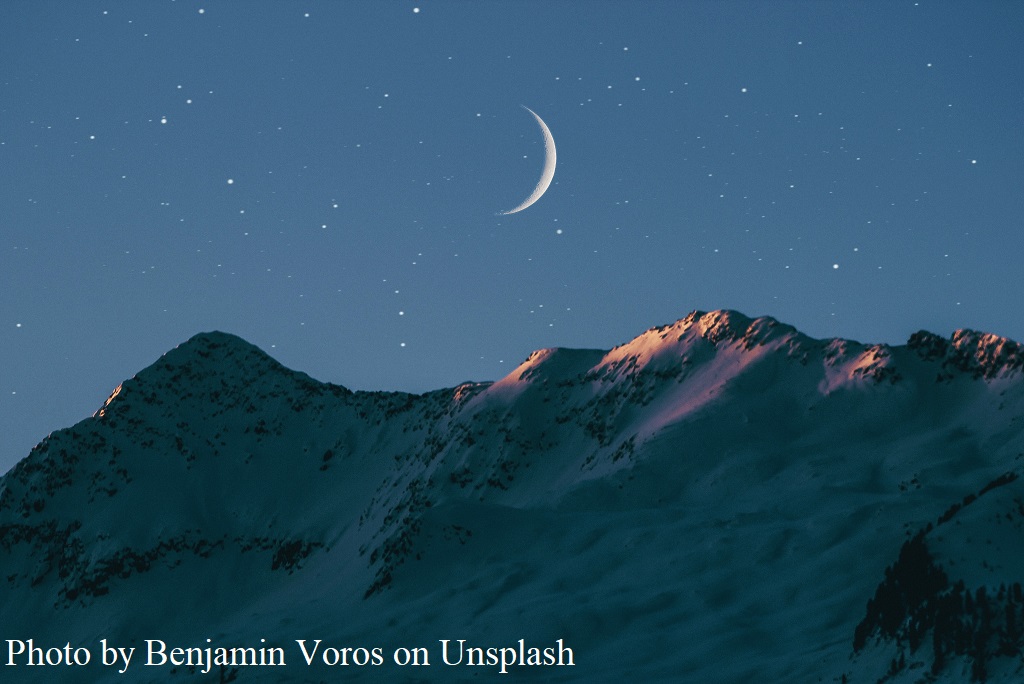Writers, translators, and painters. I highly respect these talents because they bring me the voice of the gods. When I was a kid my grandmother taught me that the mountain, the river, the sun, the rain… all of them are our gods. She told me Japanese fairytales before slept. We need to respect nature because humans are so small and weak. If I carry out some profane actions against the gods of nature, I’ll surely get punished.
I still (1)carry on believing it and feel that talented people can express nature through their work. Their work shows me the frontier between life and death. I don’t know if this feeling is common or not in all Japanese nowadays. I have nothing (4)under my belt other than spirituality of animism.
I joined an event where 2 translators talked about their work. The theme was about the boundary between life and death in American literature. I wanted to compare the situation between the U.S. and Japan at that moment but I couldn’t find any inspiration, so I (3)carried it over for a later time to think about it. One of the translators expressed that American authors . tend to create stories that do not clearly show the divide between life and death. They don’t create a confrontational structure between the dead and the living.
In my opinion, It might be similar to Japanese literature. For example, in Murakami Haruki’s latest epic novel published in 2017, ”Killing Commendatore,” the protagonist met a ghost which appeared from underground. However it was not evil, and even helped him. The end of an era seems so close.
Before the Rivison
Title: The borderline between life and death.
Writers, Translators, and Painters. I highly respect these talents. Because they bring me the voice of gods. When I was a kid my grandmother taught me. The mountain, the river, the sun, the rain… those are all our gods. She talked Japanese fairytales to me before sleep. we need to respect it because human is so small and weak. If my attitude (2-2)carries out profanity to gods of nature, I’ll get a punishment absolutely.
I still (1)carry on believing it. The talented people can describe the nature. Their good work shows me the borderline between life and death. I don’t know this sense is common or not in all Japanese nowadays. I have nothing (4)under my belt that spirituality of animism.
When I joined the event which 2 translators talking their works. The theme was a borderline between life and death in the literature of U.S. I wanted to compare the situation U.S. and Japan at that moment. but I couldn’t catch any inspirations, so I (3)carried over for thinking it. One of the translators expressed that the author of U.S. tends to create story construction not divide life and death obviously. They didn’t create confrontational structure about dead people and living people.
In my opinion, It might be similar to Japanese literature. For example, Murakami Haruki’s latest long novel, ”Killing Commendatore” it published 2017, the protagonist met a ghost which appeared from underground. but it not evil, it helped him. The air of era seems to closely.
homework:
(1)carry on: Continue.
(e.g.)”Charlie carried on gardening in spite of the rain.”
(2)carry out
(2-1)Do something as specified (plan, order, threat…)
(e.g.)”The plan was carried out to perfection.”
(2-2)Perform or conduct (test, experiment …)
(e.g.)”Tests are carried out to determine the efficiency of a new drug.”
(3)carry over: Postpone until later.
(e.g.)”As regards holidays, can we carry over days from one year to the next?”
(4)under one’s belt: If you have something under your belt, you have acquired experience or have satisfactorily achieved something.
(e.g.)You’ve got to have some work experience under your belt before you can hope to get a permanent job.
